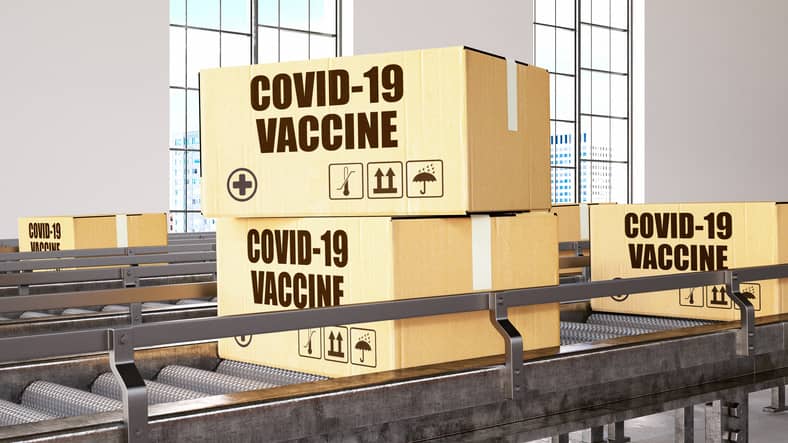Supply chain management is important in all industries, but it has taken on particular value in the healthcare industry.
The main reason is obvious – hospitals cannot run out of supplies. Smart supply chain management results in critical items such as surgical supplies, medical devices and pharmaceuticals being there when a medical professional needs them to treat a patient.
The other reason is that medical operations face more regulatory and financial pressures than ever. Supply chain managers must walk a fine line between guaranteeing supplies are on hand, ensuring that all goods and materials meet government and industry regulations and that the supply chain runs in the most cost-efficient way possible.
In short, improving customer service while cutting waste. That’s essentially the philosophy behind Lean and Six Sigma.
Recent awards for supply chain management handed out by Gartner highlight healthcare companies that excel in this area.
Top Healthcare Supply Chains
Gartner, the Connecticut-based research and advisory firm, released its list of the top healthcare supply chain companies in late 2017. Each have used advanced data analytics to provide quality healthcare at a sustainable cost. Those ranking at the top of the list included:
- Intermountain Healthcare, Salt Lake City, Utah
- Mayo Foundation, Rochester, Minn.
- Cardinal Health, Dublin, Ohio
- McKesson, San Francisco, Calif.
- Johnson & Johnson, New Brunswick, N.J.
- Mercy, Cincinnati, Ohio
- CVS Health, Woonsocket, R.I.
- Cleveland Clinic, Cleveland, Ohio
- Owens & Minor, Mechanicsville, Vir.
- AmerisourceBergen, Conshohocken, Penn.
In its report, Gartner said that these companies received the top spots because of a commitment to “ensure patients receive timely, high-quality and affordable healthcare.”
Healthcare supply chains also faced a great deal of uncertainty in the past year. The U.S. Congress attempted to overhaul the federal healthcare system. Severe weather affected supply chains in Texas, Florida, California and across the Caribbean.
However, while facing uncertain times, Gartner praised a growing number of healthcare organizations that have put more emphasis into supply chain leadership and management, recognizing its importance to the overall operation.
Part of that commitment has been taking advantage of technology innovation, in particular cloud-based systems. Such systems, according to Healthcare Tech Outlook, have reduced costs to healthcare organizations in both operation and administrative areas.
Supply Chain and Lean Six Sigma
The adaptation of Lean Six Sigma tools and techniques – all designed to reduce waste and variation in a process – apply directly to supply chain management.
The fundamental Lean Six Sigma philosophy that aids supply chains is eliminating activities that don’t add value to customers. This approach immediately reduces the amount of wasted time spent on each phase of an operation, including those in a supply chain, by streamlining them to just the essential actions that add value to customers.
It’s interesting to see how this approach dovetails into the very recommendations Gartner mentions to improve supply chain management. Gartner notes that “efficiency remains an imperative” in healthcare supply chains.” It also states:
“Leading healthcare organizations and life science companies can reduce costs year after year through a focus on continuous improvement that targets the elimination of waste in the supply chain.”
This focus on continuous improvement makes Lean Six Sigma – and those proficient in putting it into practice – valuable commodities in the healthcare supply chain industry.



